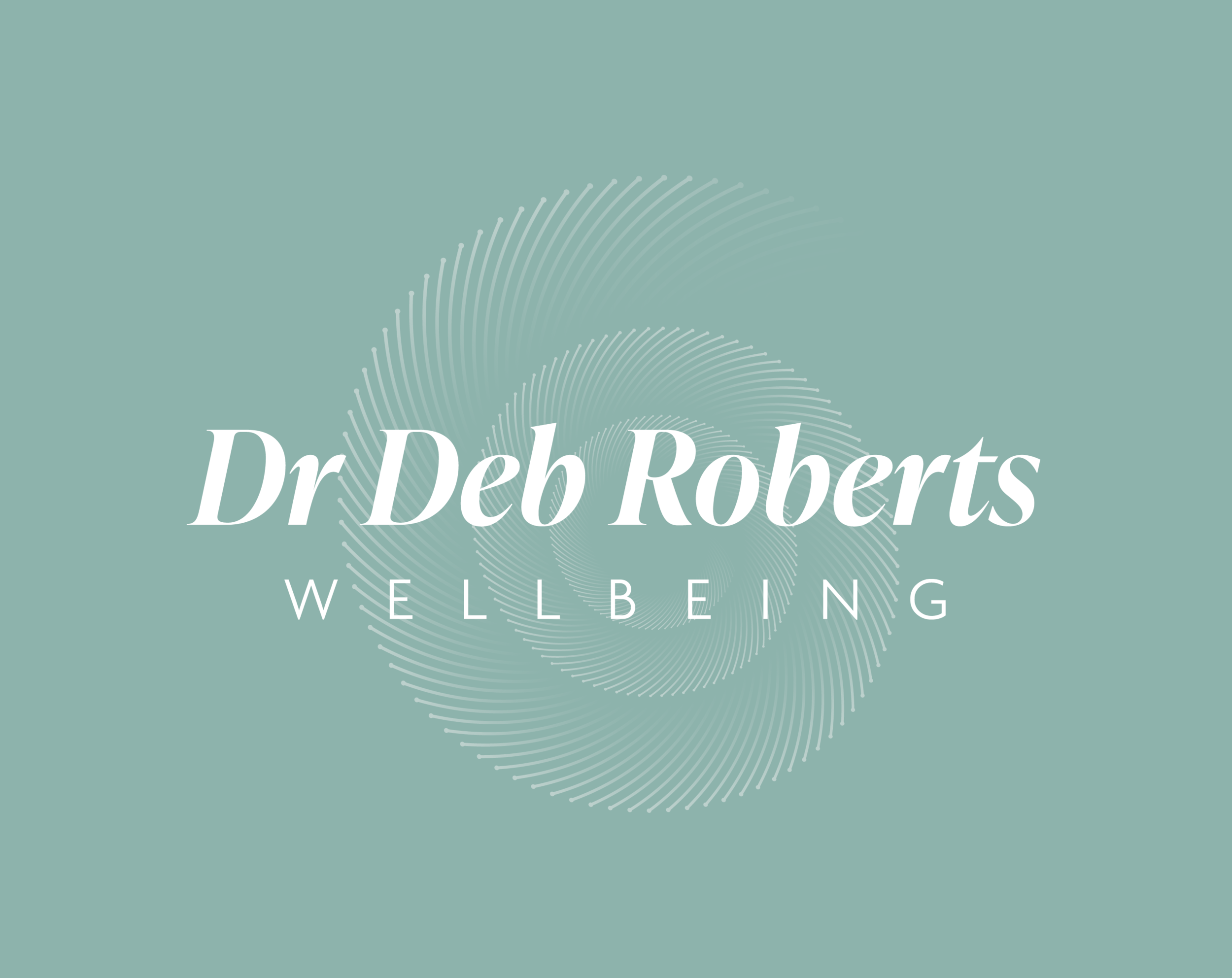The merits of questioning one’s identity
Today marks Thanksgiving Day in the USA. While I have lived in Australia for more than 26 years, I’ve continued to celebrate the tradition of giving thanks with a dear group of diverse friends who I call family. It is part of my identity, sharing the American Thanksgiving ritual with others.
In this short article I wanted to reflect on the holiday’s essence of thankfulness and to explore how through rituals and actions we build our personal identity over time.
Our personal identity is how we perceive ourselves, and we also have a social identity which is how we are perceived by others. When we align with a professional identity, we identify with the skills and attributes of others within a professional group.
Our identity is a combination of many things: our health and physical form, our education, our values and actions. One definition of identity is the unique set of characteristics that can be used to identify as person as themselves and no one else.
Some of us like to cling to our identities with a tight grip, and I have been one of these people. Cling to an identity (real or imagined) can reinforce an ‘I feeling’ and makes us feel safe with who we are and who we are connected too.
If someone asks about your identity, I’m sure you could reel off a couple responses. Your name, your age and maybe you can even show a form of legal identification. My son just turned 18, and he is ever so proud to show his age, as it’s the legal age to drink in Australia!
It could also be your country of origin, whether you are indigenous, your gender, sexuality, ethnicity, profession, school, political bent, socioeconomic status, sporting team etc.
Heck these days it’s even caught up with whether you are vaccinated or not!
My first sense of who I am had to do with being female, American, and Jewish. These identities seemed straightforward from a young age. Initially, I didn’t question any of them.
As years have passed, and now at 48 years old, I am curious about observing what constitutes my sense of identity and trying to loosen the hold – my attachment – to systems of thinking that no longer feel authentic or good. Systems or beliefs that were perhaps inherited, taught, but now feel out of date.
These days I am intentional in being less caught up in what I identify with and I like to focus on my connection with my inherent worth and my actions.
There was a time I invested in many identifying labels for safety and a sense of accomplishment or worthiness.
I felt that having an American identity, would make me worthy. If I got a PhD, I would be worthy. If I was a wife and a mum, I would be worthy. If I was successful in my job, I would be worthy. The list goes on.
But when I identified too much with any one of these labels I always saw the looming danger of too much attachment.
Say for example I most associated my identity as being American and a mental health advocate.
But what happens to my identity when suddenly I find I’ve lived in Australia longer than America? Or if I become unwell or I choose not to work. If I am too attached to these identifying labels as my framework of inherent worth, a change to them will lead inevitably to some degree of difficult adjustment and perhaps suffering.
So what can we do to feel connected to ourselves as we grow and learn? Since our sense of identity is part and parcel with being human, we will of course identify with many things over our lifetime.
Today, I strongly encourage my clients to reflect on their identity framework and being open to challenging any of the labels and the identities that might feel out dated or uncomfortable.
I ask them to consider their inherent worthiness as separate from any external labels. Labels can limit our development as an individual and therefore our contribution to the greater collective good.
While I have challenged and shed many identifying rituals and labels over the past years I have held on to the American Thanksgiving holiday.
The holiday is an opportunity to connect with family, friends and community. It’s practice of gratitude fits with my wellness values and feels like a good and natural part of my identity.
Thanks for reading!
Deb

